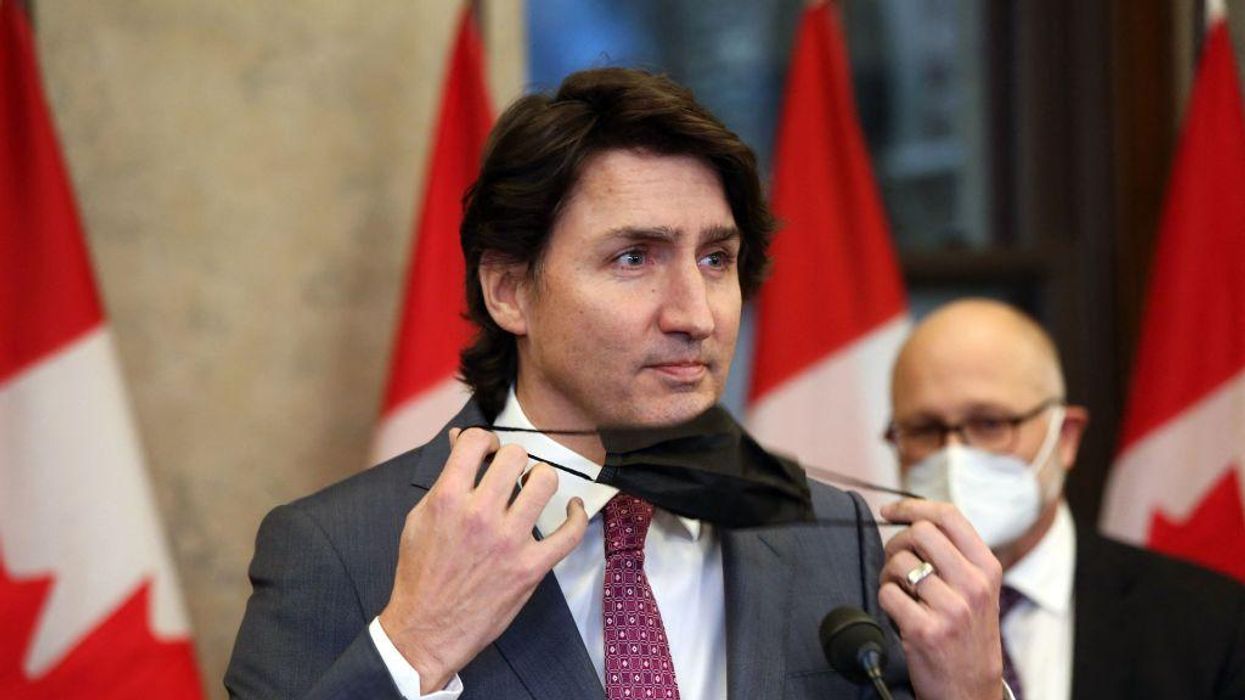
Photo by Dave Chan / AFP) (Photo by DAVE CHAN/AFP via Getty Images

It's not a conspiracy theory. The Canadian government posted a job listing (archive) asking for an experienced military member to train in psychological operations before taking on exercises with a "syndicate" to learn the best psychological tactics from around the world.
"Psychological operations" (psyops) typically refers to military/governmental operations that intentionally mislead or confuse the population, often used as a precursor to law changes or military action. Many would point to "false flag" events or simple misinformation spread by government sources as examples.
Merriam-Webster defines the term as "military operations usually aimed at influencing the enemy's state of mind through noncombative means (such as distribution of leaflets)."
The "PSYOPS Officer" role appears to include an introduction on the scope of the state's psychological operations before putting the lessons into practice in exercises and practical environments.
Students have the chance to "apply their PSYOPS training to the [Operational Planning Process] during syndicate exercises," the listing reads.
Those who graduate the program would then be capable of advising "all levels of command" to plan or produce psychological operations and subsequently supervise the plan's execution.
Applicants are required to hold a fairly high rank in the Canadian Forces: a warrant officer for non-commissioned members, a rank that would take at least 10 years (approximately) to achieve, or lieutenant/captain, which could take between two to five years (or more) to get to.
Exercises for this role appear to be collaborative, with the listing stating that "exercises are syndicate based and students learn from each other and collaborate in every facet of mission planning," reminding students that all work is "closely guided and monitored by our instructors."
It is unclear whether or not the syndicate of training partners is composed of officers from other governments; however, the listing states students will learn "best-practices from PSYOPS campaigns around the world."
The listing concludes rather cryptically, stating that the course "places emphasis on the production cycle and understanding rather than content and outputs."
Lastly, a "Whole of Government" approach is referenced, which, according to a Canadian foreign policy and international affairs organization, means drawing from a collaboration of government entities to complete a goal — for example, a disaster-relief scenario that would require cooperation from armed forces, medical personnel, police, and the department of foreign affairs.
Andrew Chapados